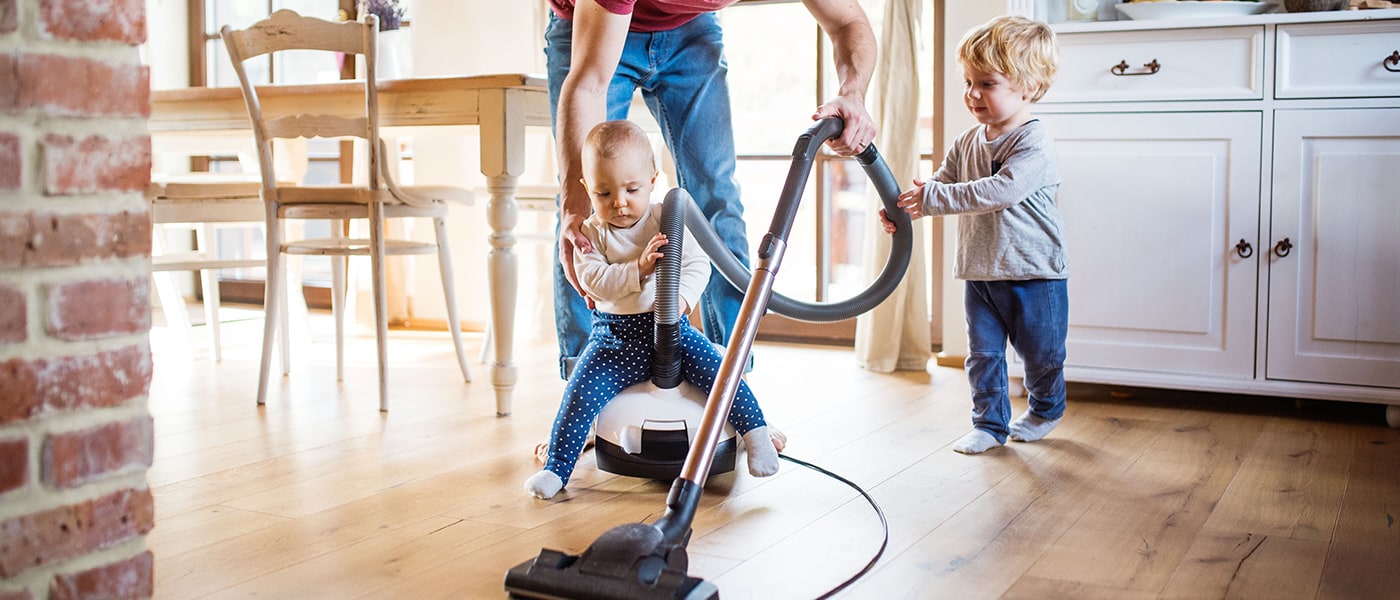Many Americans spend more time indoors than they do outdoors, and while we’re generally accustomed to the indoor air quality in our schools, offices, and houses/apartments, the truth is…we may be suffering from indoor air pollution that can have adverse health effects. So how do you improve indoor air quality?
Use a HEPA Filter
HEPA filters are one of the simplest and most effective ways to improve indoor air quality. A HEPA filter is a type of filter designed to remove particles from the air, particularly fine particulate matter (e.g., dust) that could pose a danger to human health.
What It Does
HEPA filters are made up of extremely small fibers that effectively capture airborne contaminants such as mold spores, pollen, animal dander, mites, bacteria, viruses, and even some chemicals for filtration down to 0.3 microns in size. They are used in the ventilation systems of new commercial buildings and homes to improve the overall quality of air being circulated.
How it Works
HEPA filters remove pollutants by forcing contaminated air through a special material that attracts airborne particles, preventing them from being recirculated into the surrounding environment. HEPA filters work best when they are combined with other types of filtration methods such as Electronic Air Cleaners, UV Lights, Ozone Generators, or Chemical/Bacterial Based Filters.
Use an Air Purifier
While opening windows will help improve outdoor air quality, it does little to improve indoor air quality–which is why many people choose to improve indoor air quality by installing an air purifier or other such device.
For example, air purifiers can improve indoor air quality by removing chemicals and other pollutants from the air. In addition to an air purifier, there are also negative ion generators–which improve your body’s ability to create endorphins (the body’s natural feel-good hormones ) and improve breathing.
Don’t Open Your Doors and Windows
You may be asking if you simply open your windows a little will that improve the air in my house? Well not really.
The problem is there are many chemicals from outside that can get inside such as toxic gases from factories and cars…this along with pollen, dust, pet dander and cigarette smoke can build up to high levels.
Opening windows for ventilation circulates old air full of pollutants could improve air quality, but doesn’t improve indoor air quality nearly as much. In fact, you could be exposing yourself and your family to chemicals from outdoors while doing so.
Clean Dryer Vents and Air Ducts
Every year, homeowners spend about $5 billion on home improvements, and many of us improve the look of our homes by painting rooms a new color or installing crown molding. Unfortunately, most people overlook items that could improve their health and safety…items such as dryer vents and air ducts.
When your dryer vents or air ducts are dirty it can cause a build-up of dirt which will eventually create unwanted pollutants in the air. Even if you can’t see the dirt, chances are your dryer vents or air ducts aren’t as clean as they should be.
In addition, the buildup of lint can also decrease energy efficiency because the excessive heat produced by your dryer will be trapped in the vent…which is basically an insulated tube that runs through and around your walls. Lint build-up also makes it difficult to run clothes through your dryer smoothly which could cause you to spend more money on electricity each year.
Call Unified Air Duct to Clean your Dryer Vents and Air Ducts
You should have the professionals at Unified Air Duct come out at least every year to clean dryer vents and air ducts running through your house. Not only will it improve indoor air quality but improve overall electricity usage too!
Call us at (702) 903-2041 to schedule an appointment today!

